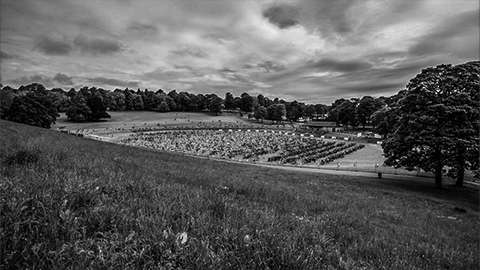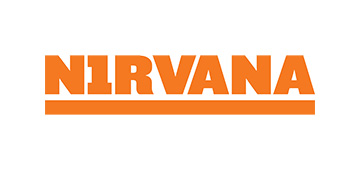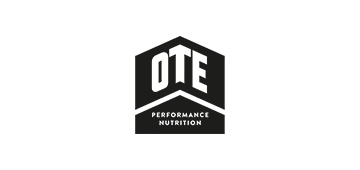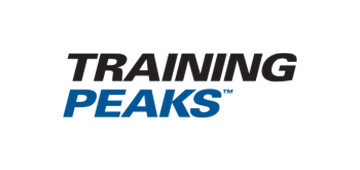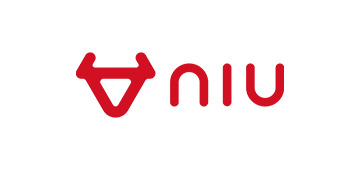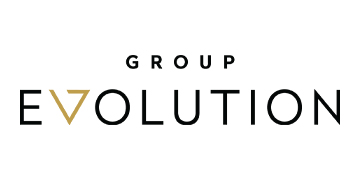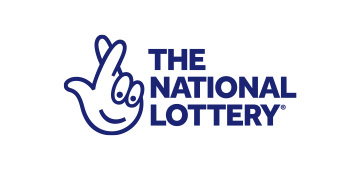Taking structured time out is a definite option. There is certainly no rush to settle into a career path or a university course that doesn’t suit you and is not going to fill you with passion and purpose. Or you simply might feel that you need a break before moving on to the next chapter of your life.
Whether looking to continue in higher education or not it is relatively common for an eighteen year old to have not settled on a long term career direction and with that perhaps have little idea on what to do education or work wise in the short or medium term. Some time out might give you the chance to reflect and collect some experiences, either in work or education, depending on what is relevant to you, that allow you to start working out what that future direction could be.
What time out could be
We would suggest that the key to successful time out is ensuring that you plan well and have some key objectives to achieve which will allow you to then structure what you do for maximum effect. While a year out is common there is nothing stopping you taking more time out if that is what works best for you – again it is better to commit to a degree course or a career pathway that you are sure works for you than rush into one that doesn’t.
Remember whether going into higher education or the world of work you will need to explain any gaps in your resume, structured time out is more likely to be viewed favourably by future employers or academic institutions.
What time out shouldn’t be
What, however, we would advise against is any athlete thinking that taking a year or two out to train ‘full time’ at eighteen will help them decide if triathlon is a long term professional option for them. Triathlon as an endurance sport sees athletes often peaking in their mid to late twenties, but many do go on competing at the highest level until well into their thirties. Our advice would be if you are looking to realise your true potential it is very much a long term endeavour that you won’t get an answer to in one or two years at the age of eighteen.
Our strong belief at British Triathlon is that better people make better athletes. A more rounded and developed person is more likely to be a happier, more engaged and higher performing athlete with the skills, knowledge and understanding to sustain their success in the long term.
Our suggestion would be that at eighteen looking to balance exploring and realising your triathlon potential (in the long term) while simultaneously exploring your personal growth and development too is a good option. Balancing triathlon with other non-sport related pursuits, be that education or work, we believe will help here. A focus on whole person growth will also ensure that whenever you do call time on triathlon moving on with your life is significantly easier.
Case Study...
Kate Waugh
Why?
Kate, a double medallist at World Junior level and a member of the North East Academy, as well as ENG and WCP Programmes wanted to take some time out of education between A levels and starting at Leeds Uni.
What?
Kate wanted to spend time travelling and training abroad during her year out before spending a chunk of time back in the UK at Leeds before her studies started to better ensure a smooth transition into life as an athlete at Uni. While abroad Kate spent time training with groups in New Zealand and Australia, prior to leaving Kate worked with her coaching team to set these opportunities up properly and ensure that was stepping into well supported training environments.
Bethan Hinett
Why?
Bethan, a member of the West Midlands Academy had a serious accident cycling that required time in hospital and significant time off school. This happened during the period that UCAS applications needed to be completed and meant that Bethan missed her window.
What?
Not submitting a UCAS application has given Bethan time to think about what she’d like to do – this has included researching options like studying in the USA with the potential of a scholarship along with spending time training in Australia too while doing a distance learning degree. Throughout this period Bethan has been training with the group at Birmingham University and working part time locally.
Possible options
- Work experience in areas that might interest you in the long term – a number of bigger companies have schemes here.
- Get a qualification that allows you to get part time or flexible work that will easily fit alongside your sport while you consider your options
- Move out of home and learn the skills to support yourself so that if/when you do get a job/start a degree away from home the transition/learning curve is less steep
- Spend a period of time at a training centre - experience what it is like to train there before committing to studying or working there more permanently.
Find out more
There is little to be found on-line about taking a year out and balancing that with continuing to develop as an athlete, however, if you google ‘gap year ideas’ or similar you will find plenty of options to look at.


